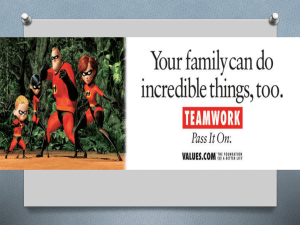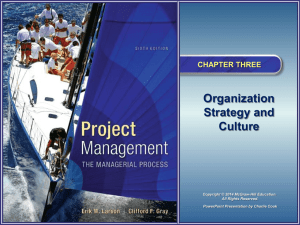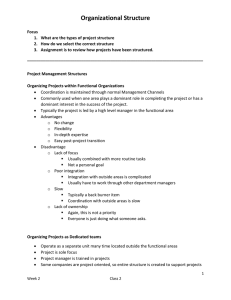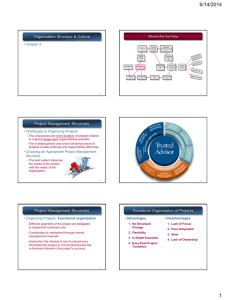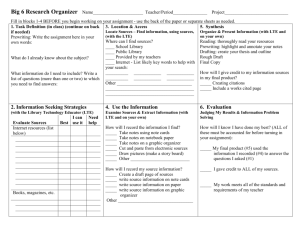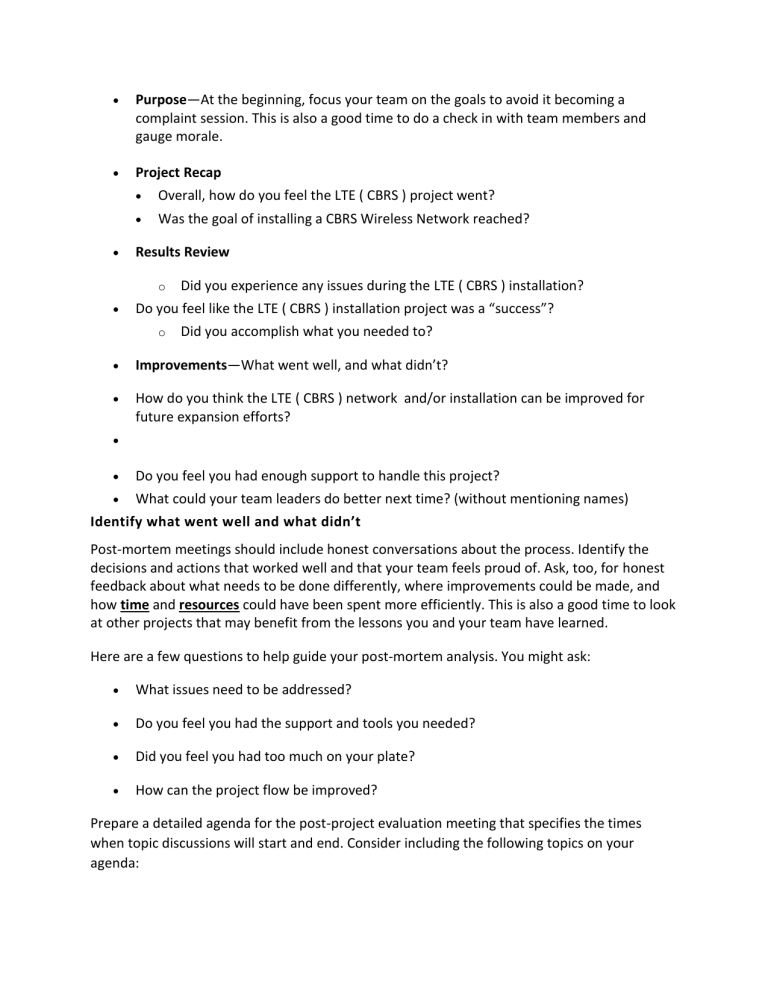
Purpose—At the beginning, focus your team on the goals to avoid it becoming a complaint session. This is also a good time to do a check in with team members and gauge morale. Project Recap Overall, how do you feel the LTE ( CBRS ) project went? Was the goal of installing a CBRS Wireless Network reached? Results Review o Did you experience any issues during the LTE ( CBRS ) installation? Do you feel like the LTE ( CBRS ) installation project was a “success”? o Did you accomplish what you needed to? Improvements—What went well, and what didn’t? How do you think the LTE ( CBRS ) network and/or installation can be improved for future expansion efforts? Do you feel you had enough support to handle this project? What could your team leaders do better next time? (without mentioning names) Identify what went well and what didn’t Post-mortem meetings should include honest conversations about the process. Identify the decisions and actions that worked well and that your team feels proud of. Ask, too, for honest feedback about what needs to be done differently, where improvements could be made, and how time and resources could have been spent more efficiently. This is also a good time to look at other projects that may benefit from the lessons you and your team have learned. Here are a few questions to help guide your post-mortem analysis. You might ask: What issues need to be addressed? Do you feel you had the support and tools you needed? Did you feel you had too much on your plate? How can the project flow be improved? Prepare a detailed agenda for the post-project evaluation meeting that specifies the times when topic discussions will start and end. Consider including the following topics on your agenda: Data to gather prior to a post-project evaluation meeting Prepare for your post-project evaluation meeting by collecting information on the following: Effectiveness of the project-management processes Lessons learned Project results Schedule performance Resource expenditures Problems that arose during the project Changes during the project in objectives, schedules, and budgets Unanticipated occurrences or changes in the environment during the project Customers’ satisfaction with the project results Management’s satisfaction with the project results Statement of the meeting’s purpose Specific meeting outcomes to be accomplished Highlights of project performance, including the following: o Results, schedules, and resources o Approaches to project planning o Project-tracking systems and procedures o Project communications o Project team practices and effectiveness Recognition and discussion of special achievements Review of customer and management reactions to the project Discussion of problems and issues Discussion of how to reflect experiences from this project in future efforts share their project thoughts and experiences openly and honestly. At the post-project evaluation meeting, explore the following issues: Did you accomplish all the project objectives? Did you meet the project schedule? Did you complete the project within budget? With regard to problems during the project o Could you have anticipated and planned for them in advance? If so, how? o Did you handle them effectively and efficiently when they arose? Did you use the organization’s project-management systems and procedures effectively? Declare at the beginning of the meeting that it’s supposed to be a learning experience rather than a finger-pointing session. As the project manager, you run the post-project evaluation meeting. At its outset, you need to declare that the session is a time for selfexamination and suggestions for ensuring the success of future projects. If people start to attack or criticize other participants, you can immediately bring the discussion back on track by asking the participants the following questions: o What can you do in the future to deal more effectively with such situations? o What can you do in the future to head off such situations? Encourage people to o Identify what other people did well. o Examine their own performance and see how they could’ve handled situations differently.

